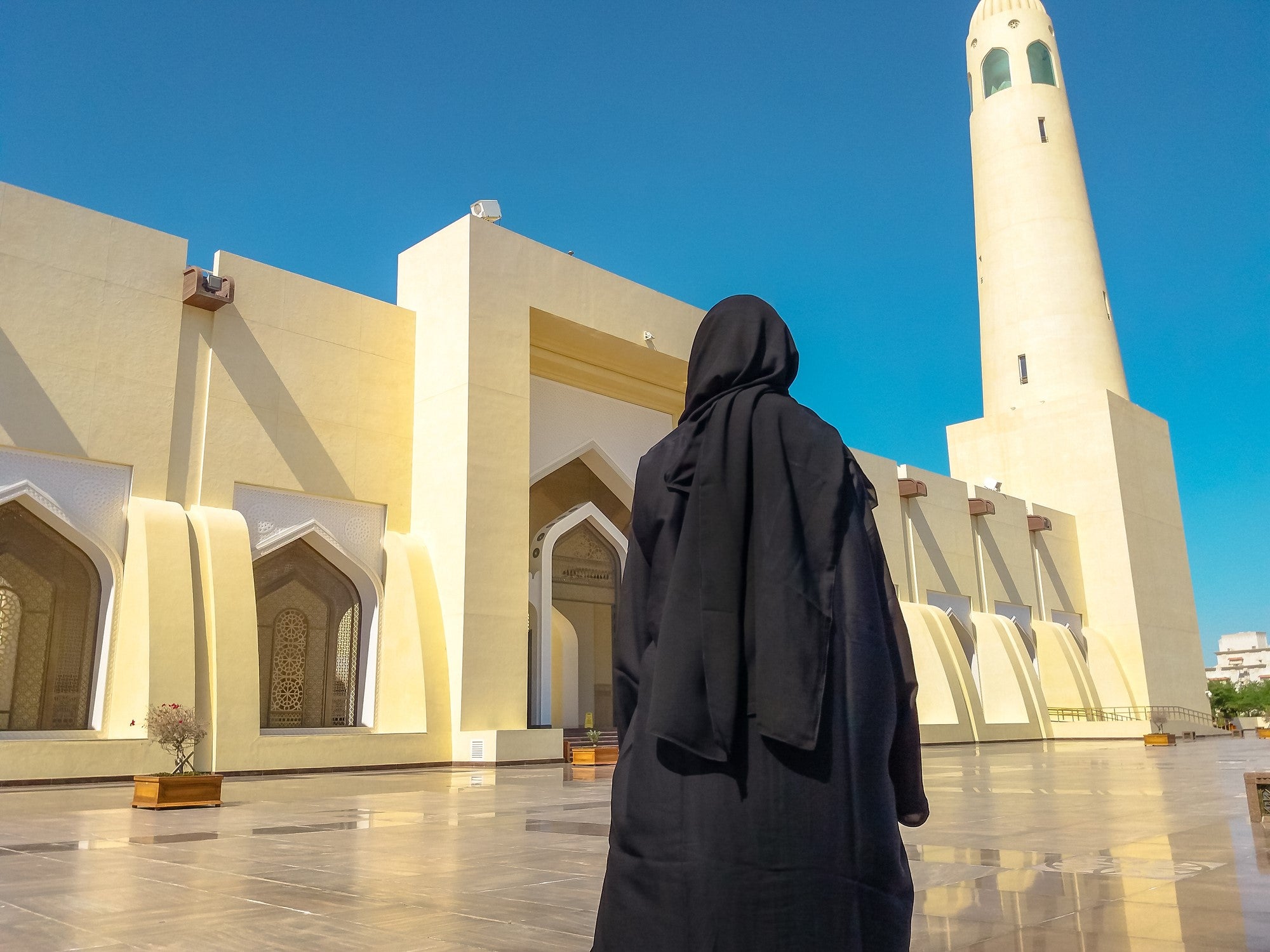Saudi Arabia to offer tourist visas for first time but women must still dress ‘modestly’
Drive part of Crown Prince Mohammed bin Salman’s efforts to diversify economy away from oil

Your support helps us to tell the story
From reproductive rights to climate change to Big Tech, The Independent is on the ground when the story is developing. Whether it's investigating the financials of Elon Musk's pro-Trump PAC or producing our latest documentary, 'The A Word', which shines a light on the American women fighting for reproductive rights, we know how important it is to parse out the facts from the messaging.
At such a critical moment in US history, we need reporters on the ground. Your donation allows us to keep sending journalists to speak to both sides of the story.
The Independent is trusted by Americans across the entire political spectrum. And unlike many other quality news outlets, we choose not to lock Americans out of our reporting and analysis with paywalls. We believe quality journalism should be available to everyone, paid for by those who can afford it.
Your support makes all the difference.Foreign tourists will be allowed to visit Saudi Arabia for the first time, as long as they promise to dress “modestly”.
The oil-rich Islamic kingdom has announced it will offer tourist visas as part of a drive to diversify its economy away from oil.
Women who come to Saudi Arabia from overseas will not have to wear the abaya – a long, black robe and headscarf which covers women from head to foot – which all locals by law must wear outside their homes.
But they will be required to wear “modest clothing”, the country’s head of tourism Ahmed al-Khateeb said in a statement.
He did not elaborate on what exactly would amount to modest dress in the eyes of the ultra-conservative religious authorities who govern the kingdom.
“Opening Saudi Arabia to international tourists is a historic moment for our country,” Mr al-Khateeb said.
“Visitors will be surprised ... by the treasures we have to share – five Unesco World Heritage Sites, a vibrant local culture and breath-taking natural beauty.”
The opening up of the country to foreigners is part of a recent effort to change perceptions of the reclusive kingdom by the Crown Prince Mohammed bin Salman.
In 2017 women were finally allowed to drive and last year the rules which forbade travel without a male guardian were also relaxed.
The liberalisation programme has also introduced mixed-gender concerts and new cinemas.
However, human rights experts note the fundamentally authoritarian character of the regime remains: activists and campaigners are regularly arrested, imprisoned and tortured.
And even under the less stringent guardianship regime, Saudi women are still unable to marry, divorce or take a job without permission from a male guardian.
As well as trying to develop a less oil-reliant economy, the liberalisation programme is likely also an effort to rehabilitate the reputation of the country and its de facto leader.
The crown prince is widely believed by western intelligence agencies to have ordered the assassination of the dissident Saudi journalist Jamal Khashoggi in the Istanbul consulate last year, on 2 October.
Although he has long denied any role, in a documentary to be broadcast next week the crown prince admitted he did bear responsibility for the brutal slaying and dismembering “because it happened under my watch”.
Foreign tourists were first allowed to enter the kingdom last year when the government began issuing temporary visas to attend sports or cultural events.
Previously, tourism to Saudi Arabia was minimal, but by 2030 the government aims to attract up to 100 million visitors each year. As well as creating new visas, the authorities are also spending billions of dollars trying to build a tourism industry from scratch, including constructing new hotels, luxury island resorts, theme parks, a safari, and developing some of its ancient historical sites.
The push to diversify away from oil was given greater urgency just a few weeks ago when a drone attack, blamed by the west on Iran, targeted Saudi Arabia’s oil infrastructure.
Damage done at the plants in Abqaiq and Khurais cut Saudi oil production by half and the volume will not be returned to normal levels until next month, underlying the vulnerability of the kingdom’s oil economy to attack.
Join our commenting forum
Join thought-provoking conversations, follow other Independent readers and see their replies
Comments